When you think of what your child’s education is going to cost, you probably think of the expenses you cover yourself. From tuition fees, school books and uniforms to daily lunches, transportation to and from school, and extra educational materials at home, the costs add up quickly. But how much does it cost in educating a child in northern Nigeria?
If your child attends public school, it is likely that the majority of the cost for his education will be shouldered by the government (federal and state as well as local). But it is nowhere near the hundreds of thousands of Naira it actually takes to send your child to private school for a year.
In this article, we’ll discuss the average annual cost of educating a child in Northern Nigeria.
The Cost of Educating a Child in Northern Nigeria
1. Annual Costs for Secondary School Education
Spending varies drastically for education from one part of the state to another. Using an average, we will work with an average of N400,000 – N600,000 per annum. Most parents send their children to private schools, where they pay N100,000 to N300,000 per year for tuition. The remaining N200,000 would go to school books, uniforms, daily lunches, transportation to and fro, and extra educational materials at home.
School books per year would take N30, 000 – N40, 000
Uniform
Most uniforms in private schools cost from N7,000 – N12,000. You might want to buy at least 2 sets for your child, which would wind up to N14,000 – N24,000. You only need to buy clothes for your child per year.
Daily Lunches
For a child to eat properly in school during lunch, it takes N300 per day. Meaning per week, you would be spending N1,500.
Transportation
Transportation to and fro depends on how close your location is to the school. And also, whether your child goes to school in public transportation or a private one. And lately, things are revolving and some schools now have school buses to pick your child and return them home.
So, you now have an idea how much it costs to educate a child through secondary school each year.
We didn’t forget about one of the most important aspects of education – the religious one. Since, in the North, the majority of the citizens are Muslims, religious education is therefore very prominent in our lives. But the great thing is that it isn’t as expensive as western education.
Islamiyya education is vital in the upbringing of your child if you would like for them to know the teaching of Islam extensively and practice properly. There are so many Islamic schools in every nook and cranny of every street which makes it easy for parents to send their wards to school at a very cheap rate.
It ranges mostly from N1,000 – N3,000 per term.
2. Annual Costs for University School Education
With tuition fees rising to their highest ever levels, the cost of living continues to grow, and the current economic climate, from a financial perspective, sending your children to a private university or abroad might seem ludicrous. Yet the number of students applying hasn’t slowed down and hundreds of thousands of parents still afford to ship their kids off abroad each year.
Since we are focusing on the average Northern family, I would like to say that most of the kids attend a Federal University and State University.
3. Tuition Fees
In the North, education is quite affordable compared to the other regions in Nigeria. Tuition fees cost in Federal Universities mainly depend on what course you’re studying. But the difference is no little than a couple of thousands of Naira.
Tuition fees for federal schools mainly cost N35,000 – N45,000. While if you choose to send your child to a State University, it will cost you in the range of N60,000 – N120,000.
This adds to the cost of educating a child in Northern Nigeria.
4. Accommodation
Rent will vary for each year and depending on where your child goes. Wherever you go though, this will be the biggest expense. Research showed that the average student rent is N100,000. But if your child stays in a hostel on campus, accommodation is cheaper. You would pay in the range of N15,000 – N30,000; utility bills included.
However, if your child stays at home, you’ll have to work on transportation costs. If your son or daughter is studying closer to home, then, they may save money by commuting to school rather than paying accommodation costs.
5. Essential Student Bills
While students are exempted from tax, there’s no getting away from utility bills, internet, mobile phone, and transport costs. In rented accommodation, monthly bills (electricity, water, etc.) will cost around N20,000 on average. Plus, transport ranges from single bus journeys being around N100 to around N200 a month for students relying on motorcycles, buses and walking.
Also for students living off-campus, you have to give them money to shop for food.
6. Lifestyle Costs
It can depend on whereabouts your child goes to the university as to how much they need to budget for everyday living. Kano is not really expensive for everything from the weekly food shop to public transport, restaurants, cinema tickets, and more.
In the North, there can be a big difference in price for all of these things and a lot will depend on their tastes, especially for tickets and eating out.
So, you always have to include extra money for all these necessities.
So, What’s the Final Word?
The fact of the matter is that averages are just averages and numbers can only say so much. However, every school district is unique, so it is difficult to say whether an increase in private-school funding will actually correlate with your child’s performance. One thing is for certain, however – more funding for public schools can only help the situation.
I hope this piece of mine is helpful. If it was, kindly let me know in the comments section below. Thank you.
Check out how to raise a kid as a single parent in northern Nigeria









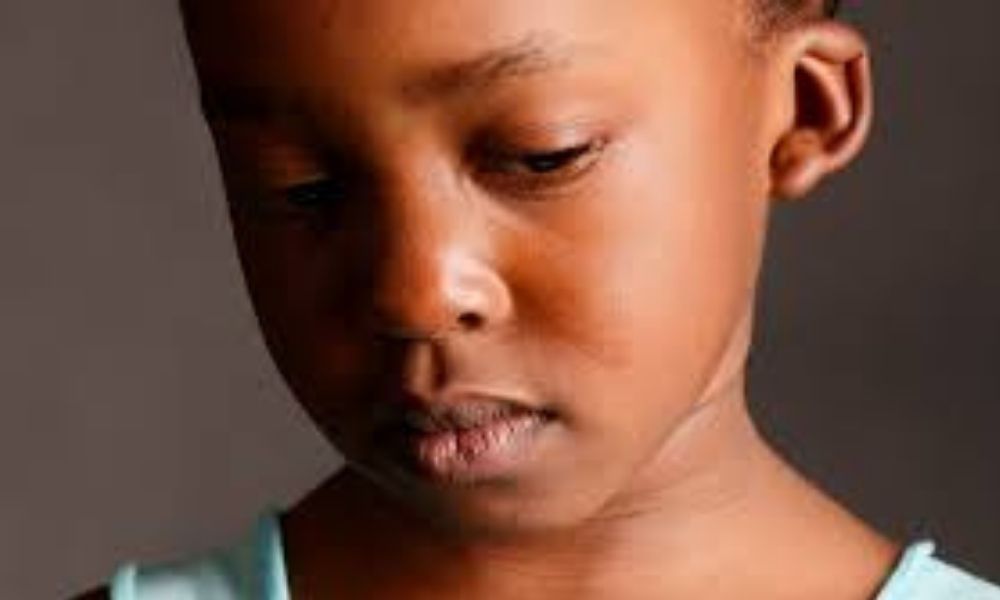

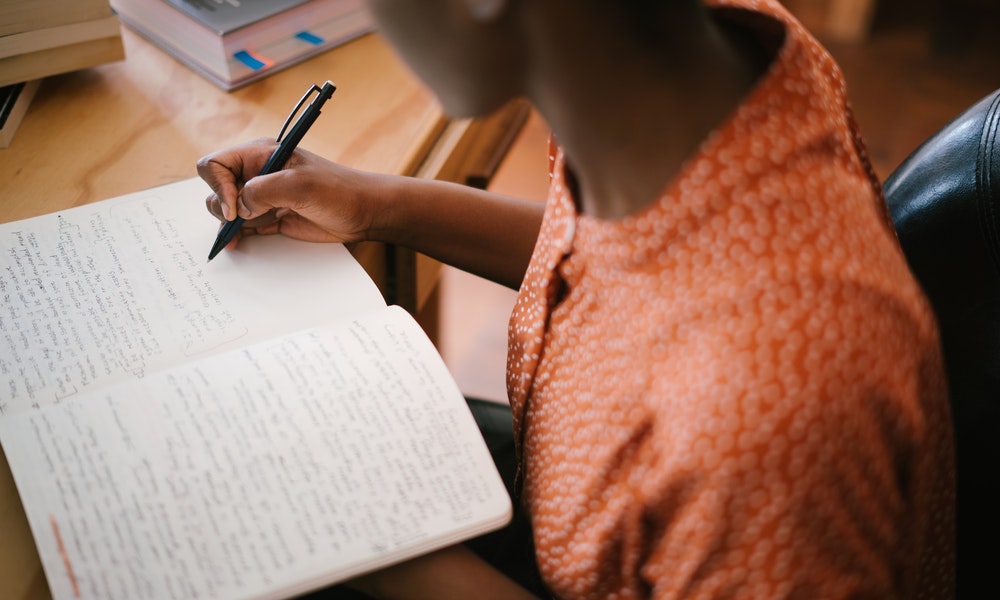
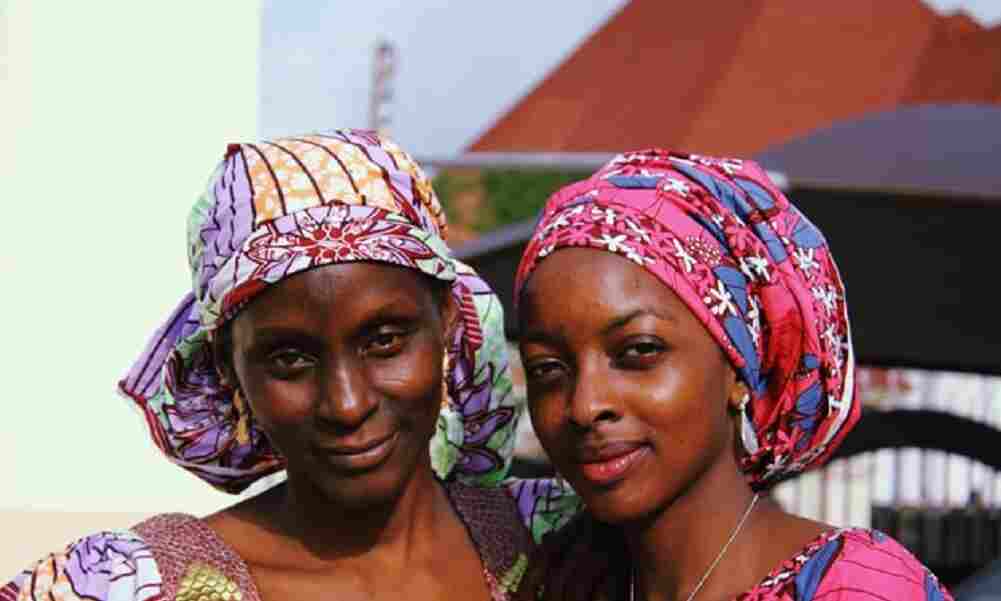
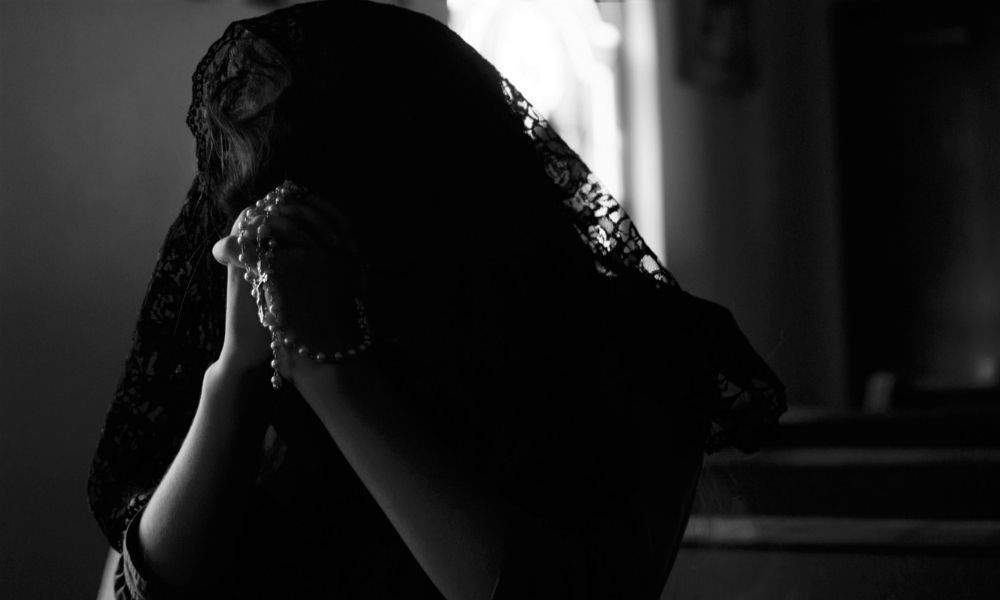


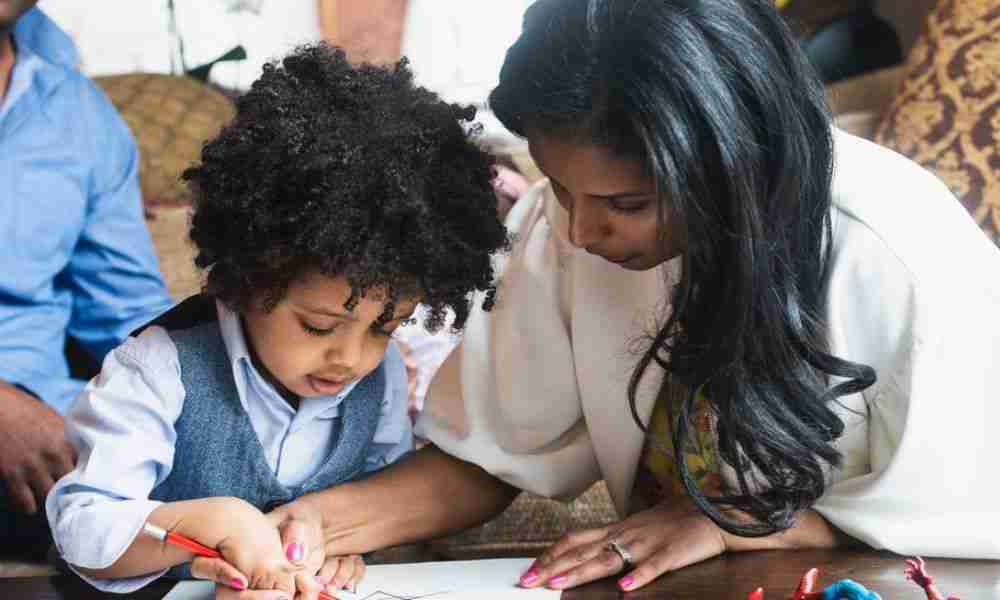


Hello Amina!
Thank you for this post. Please can you help me find out how much it costs to educate a Child in the North at Early years up till Primary 6. That will be lovely information to have as those are the most important years for every child. The foundation for life if I must say so…